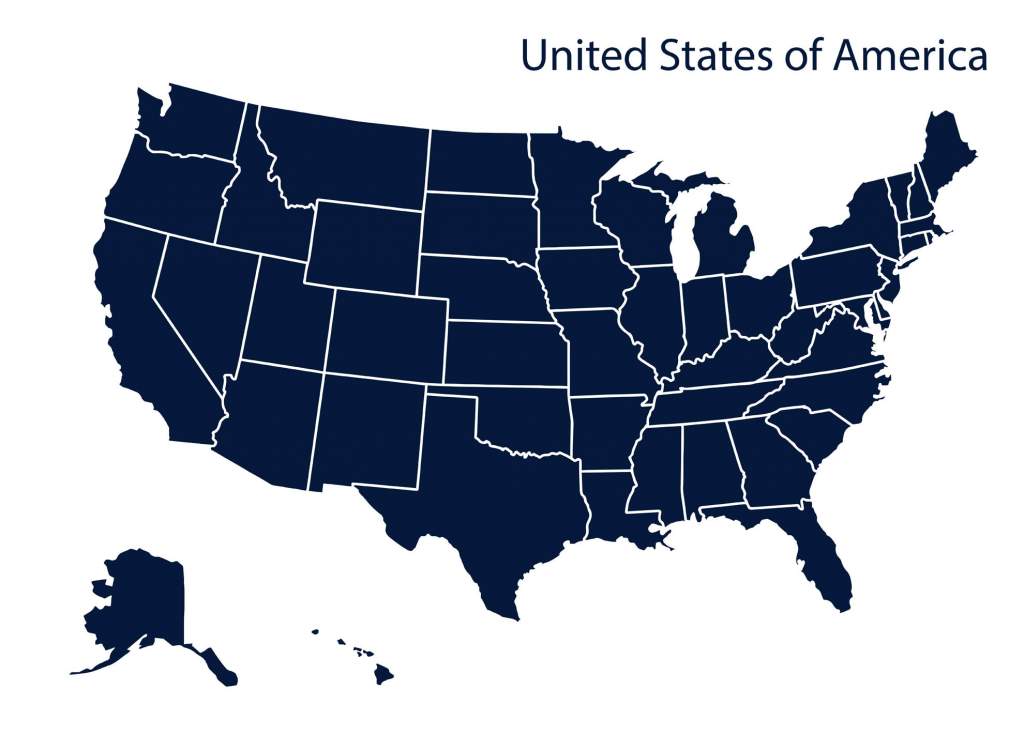As medical care costs continue to rise, Americans become more aware of the need for health insurance. While some people in the United States are fortunate enough to have access to group health insurance plans, others must look for independent health coverage. Finding quality independent coverage at affordable rates is challenging, but not impossible.
Determine your medical needs, as well as the needs of your spouse or dependents. If you and your family members are in good health, you may be able to save money by looking for a policy that provides major medical coverage with less coverage for routine physician visits and prescriptions. Conversely, if you anticipate that you will have to pay high prescription costs or visit the doctor frequently, you might choose to pay higher premiums for a more robust policy.
Contact an independent agent in your city. You can find an agent through your Yellow Pages, online or via television or radio advertisements. An independent agent is authorized to sell insurance through more than one company. After interviewing you to assess your needs and budget, your agent will obtain quotes, coverages and limits from several insurance carriers. You can then discuss coverage levels, co-pays, deductibles and other elements of each policy to determine which one fits your needs.
Search online for independent health insurance policies. There are hundreds of websites available where you can obtain multiple health coverage quotes within a matter of minutes. Using the Internet as a resource can benefit you by saving you money–since insurance companies don’t have to pay agent commissions, they sometimes offer discounted rates online. The disadvantage is that you will not have an agent to explain policy terms, coverages and exclusions.
Complete you independent health insurance application. This will typically include a health questionnaire, in which you will disclose hospitalizations, surgeries, illnesses and medications you have taken. Be honest and thorough when completing the questionnaire–insurance companies check answers against national medical databases such as the one provided by the Medical Information Bureau.
Choose your deductibles and co-pays. A higher deductible or co-pay will help lower your expenses, but it will also make you responsible for a greater amouint of your medical bills if you become ill or are injured.
Accept or reject the insurance company’s offer of coverage. The company may offer the coverage you have applied for, or may offer restricted coverage based on information obtained from your medical records. Pay any initial premium required to begin your independent health coverage.
